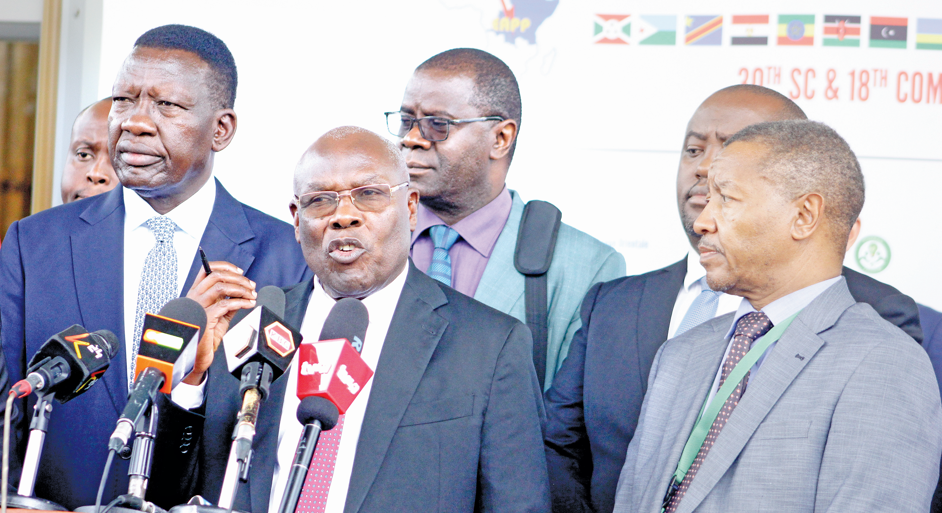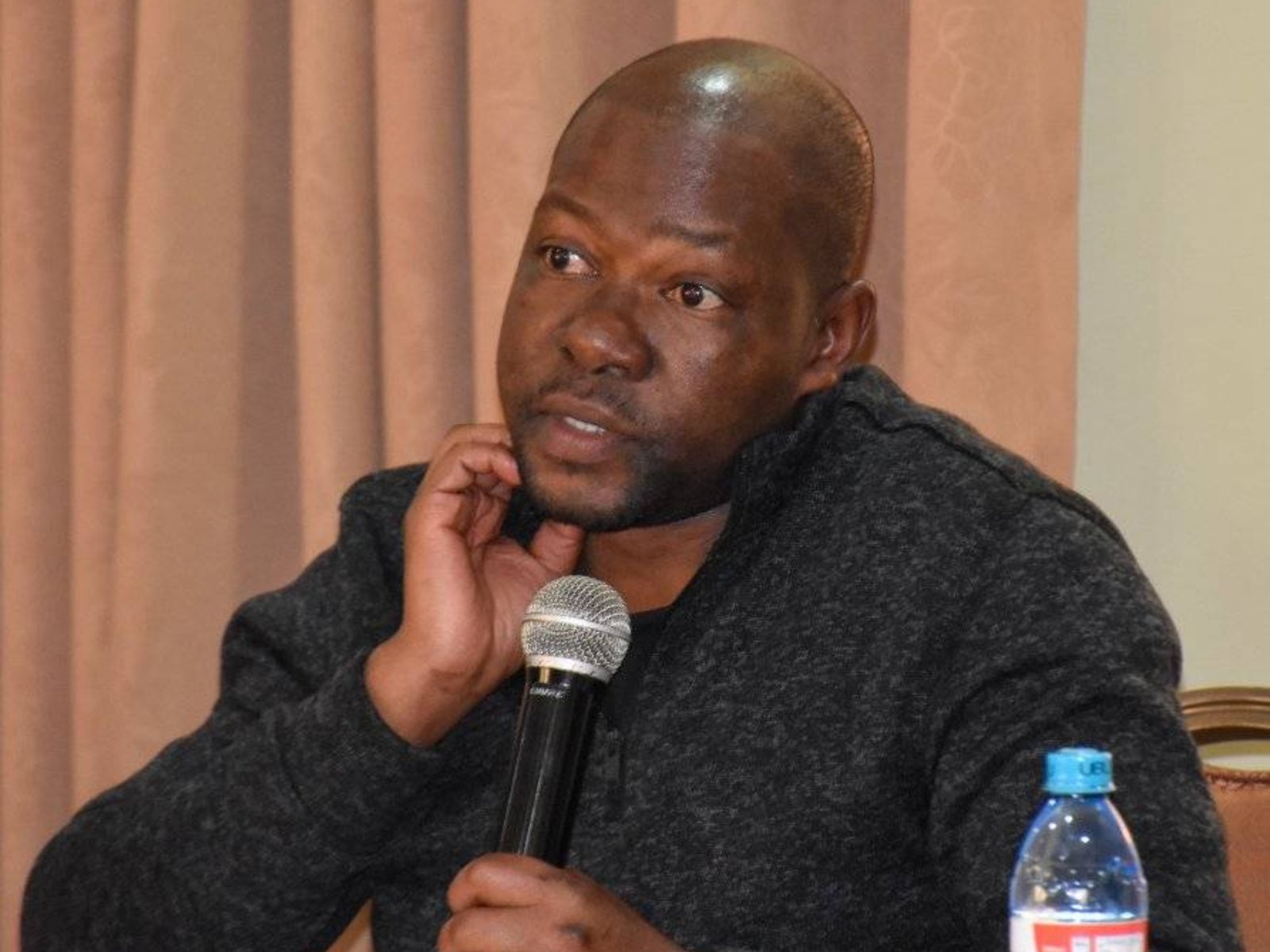Regional power trading system launch date set

The Eastern African Power Pool (EAPP) trading infrastructure will be activated in January next year, allowing member states to auction excess power amongst themselves.
According to James Wahongo, the EAPP Secretary General, EAPP has successfully simulated the power market trial and is now preparing for the 2025 launch of the day-ahead and intra-day market interphase.
“After running a successful shadow market where member countries simulated how real power markets would run, EAPP is now working to set up the interphase for the day-ahead and intra-day market to be launched in 2025,” he said.
The day-ahead market is like a pre-booking system for electricity. Member countries guess how much electricity they will need the next day and trade based on that.
On the other hand, the intra-day market is more flexible, as it allows for adjustment of electricity trades during the day itself as needs change.
“To build on the benefits of this interconnectivity, we are striving to have the competitive day-ahead power market go live by the end of December 2024. This market will take us from bilateral trade to trade amongst all countries in the region not only on regular supply but efficient use of energy,” Wahongo said.
The 13- member EAPP aims to enhance cross-border power trade, improve infrastructure, optimise energy use, and boost regional energy security to ensure a sustainable power supply for the region’s economic growth.
Wahongo was speaking yesterday during the meeting of the EAPP steering Committee and Council of ministers. The function was also attended by, among others, Davis Chirchir, the Cabinet Secretary, Ministry of Energy and Petroleum.
He said member countries are currently trading over 3,400GWh annually compared to the 504GWh of power transferred in the region when EAPP was first established in 2005. Wahongo added that efforts to enhance the interconnection of national power grids are progressing well, contributing to increased efficiency in power exchange and supporting economic development across member countries.
Kenya is a key member of the EAPP and plays a significant role in the regional power trade and grid interconnection.
Kenya’s utilities, including Kenya Electricity Generating Company (KenGen), Kenya Power, and Kenya Electricity Transmission Company Limited (Ketraco), are active members of the EAPP.
Kenya is linked to Uganda via the Lessos-Tororo line, through a 1,200 capacity interconnector, boosting power transfer between Kenya and Uganda to 350MW.
Through the Sodo–Moyale–Suswa line, also known as the Ethiopia–Kenya HVDC Interconnector, Kenya imports 11 per cent of its daily electricity from Ethiopia as of February 2024, while the Kenya-Tanzania Power Project, still under construction will interconnect Ethiopia, Kenya, Tanzania, and others in the north and south of the continent.
Chirchir said plans are advanced to expand the network to include the Egypt line, the Egypt-Sudan line, the Ethiopia-Sudan line, the Ethiopia-Djibouti line, and Uganda-Rwanda. The CS said that Africa’s industrialisation and economic growth require a strong energy revolution, noting that nearly 600 million out of 1.5 billion Africans lack access to electricity, with many relying on unclean energy sources.
“This scenario calls for regional partnerships to address the dynamic energy landscape in Africa for the good of our citizens. This week’s deliberations therefore mark a substantial step towards enhancing energy security, promoting renewable resources and driving economic development across our diverse nations,” Chirchir said.
According to Chirchir, the meeting discussed inclusion of independent Power Producers (IPPs) and Independent Transmission Developers the EAPP, as such private players hold considerable energy market share in the region and cannot afford to be left out of the regional power integration programme.












